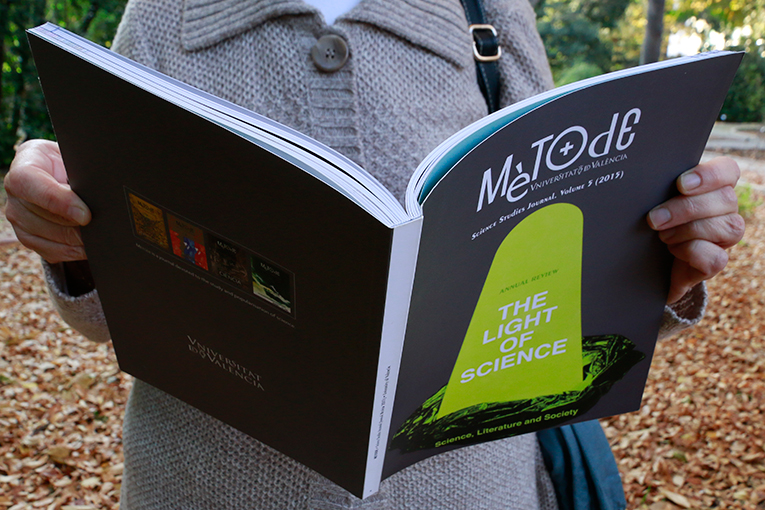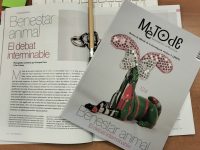
 Laura Sanantonio Crespo Laura Sanantonio Crespo |
||
|
After Scopus’s Content Selection & Advisory Board notified the inclusion of Mètode Science Studies Journal in their database, we asked the members of our scientific advisory board for some words about their experience with Mètode. Now you can read some of the opinions: Scientific board «As a person who was born when Europe groaned under the evils of dictatorship and war, I feel hugely privileged to write for Mètode, showing that the human «Metode is a rare example of an interdisciplinary journal that actually works: «The variety of topics covered by Mètode never fails to surprise me, and the «Beautifully produced in full colour, Mètode appeals to large interdisciplinary audiences with its accessible yet scholarly accounts of science in its broadest interpretation. By publishing in both English and Catalan, Mètode makes a political statement about the international significance of Catalonia.» (Patricia Fara, University of Cambridge) «That is good news for a journal that comes across very impressive. It displays «Mètode is a wonderful source of insights into contemporary science – just the kind of journal that scientists and laymen should all read.» (Robin Dunbar, University of Oxford) © Mètode 2015. |
|
|





